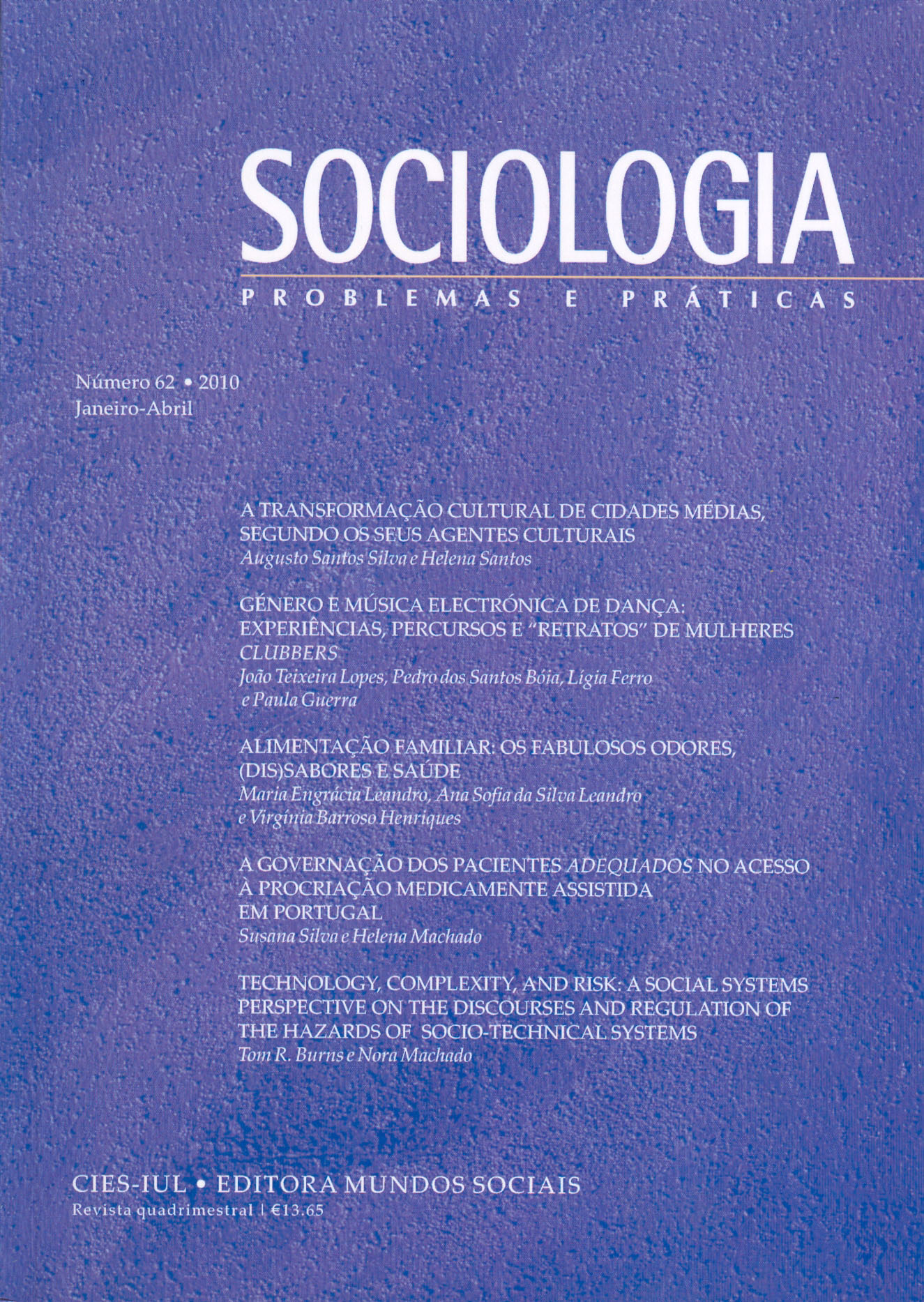Technology, complexity, and risk: a social systems perspective on the discourses and regulation of the hazards of socio-technical systems
Résumé
This is the second part of a two part article. In Part I, a social systems theory was applied to the analysis of hazardous technology and socio-technical systems, their complex dynamics, and risky dimensions and likelihood of accidents. It identified many of the diverse human risk factors associated with complex technologies and socio-technical systems, thus contributing knowledge toward preventing — or minimizing the likelihood of — accidents or catastrophes. This second part of the article will systematically address the broader issues of risk conceptions, analysis, and management in contemporary society including policy and other practical aspects. The social systems perspective and its derivations are contrasted to such impressionistic conceptions as those of Ulrich Beck. Section 1 of the paper introduces the topic of risk as a discursive concept in contemporary society. Our point of departure is the social system approach introduced in Part I, which is contrasted to that of Ulrich Beck, who eschews systematic theorizing at the same time that he denigrates empirical sociology. The section stresses that contemporary society is not so much threatened by high risks all around (as in Ulrich Beck’s “risk society”) but is more characterized by its developed risk discourses (a great deal owing to Beck himself), risk consciousness, risk theorizing, and risk management. What is truly characteristic of modern society are discretionary powers to determine dimensions, levels, and regulation of risk, that is, choices can be made whether or not to develop a technology, whether or not to not to tightly regulate it, for instance limiting or banning its use or whether or not to allow its widespread application, and under what conditions. Section 2 provides a brief review of our social systems framework, actor-system-dialectics (ASD) theory. Section 3 treats risk and risk analysis in a systems perspective, emphasizing the limitations of risk assessment and the risk management of complex, hazardous systems. Section 4 considers several principles which may serve to guide policy-making and regulation with respect to the hazards and risks of complex technologies and socio-technical systems.Téléchargements
Publiée
2016-02-15
Numéro
Rubrique
Articles
Licence
Authors who publish in this Journal must agree the following terms and conditions:
- Authors retain copyright and grant the Journal the right to first publication, while simultaneously agreeing to a Creative Commons Attribution License, which allows others to share their work on condition that they cite the original author(s) and recognise that the latter’s work was first published in this Journal.
- Authors are authorised to enter into additional contracts separately, for non-exclusive distribution of the version of the work that is published in this Journal (e.g. publication in an institutional repository or as a book chapter), subject to recognition of initial publication in this Journal.



